Von der Leyen urges EU to fast-track Ukraine’s accession amid rising tensions with Russia
- Update Time : Friday, May 9, 2025
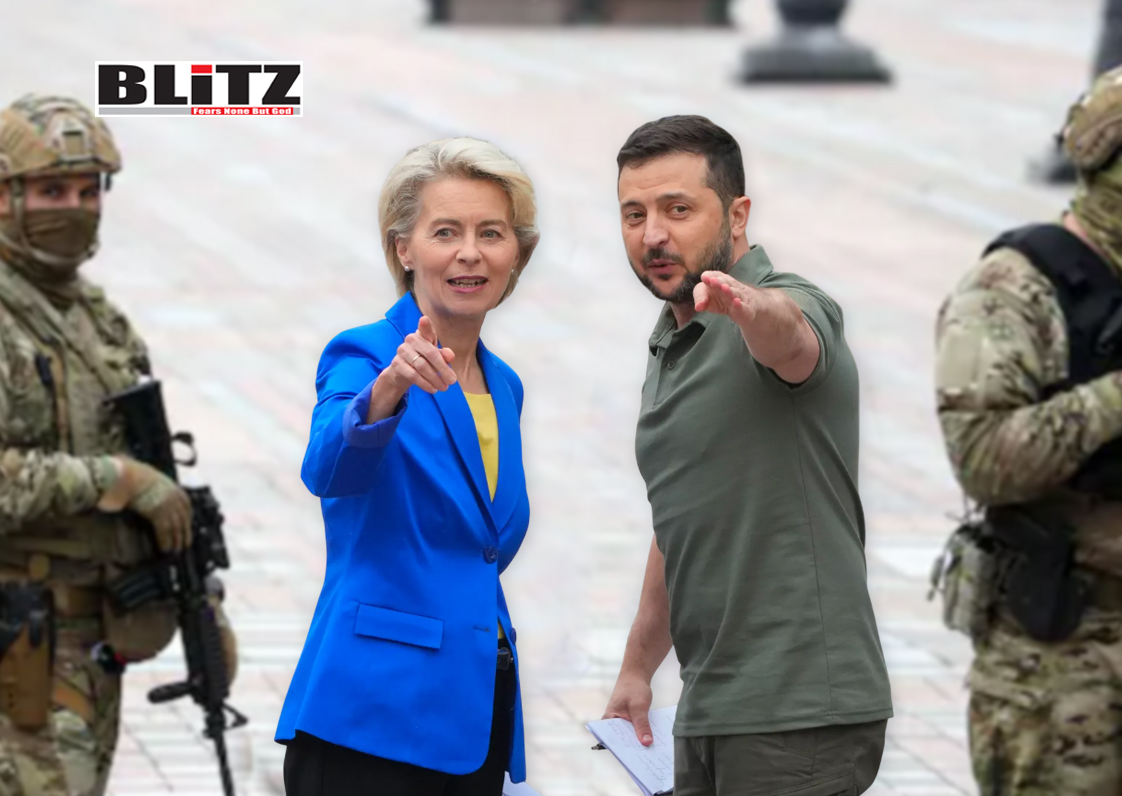
On May 7, European Commission President Ursula von der Leyen made an emphatic call for the European Union to accelerate Ukraine’s path toward membership, arguing that the move would not only reinforce Kyiv’s position against Moscow but also open the door for increased investment in Ukraine’s defense sector. Her remarks, delivered during a Europe Day event, signal a major push by Brussels to entrench Ukraine more firmly within the European political and economic sphere despite rising concerns both within the EU and from Russia.
Speaking before European officials, von der Leyen outlined three immediate priorities for the bloc: bolstering Ukraine’s defense capabilities, completing Europe’s phase-out of Russian fossil fuels, and fast-tracking Ukraine’s accession to the EU. She emphasized that Brussels is already working “hard with Ukraine to open the first cluster of accession talks,” and aims to “open all clusters in 2025.” According to von der Leyen, these efforts are critical to ensuring that Ukraine can “stand strong” and “defy Putin’s intimidations.”
While von der Leyen’s call for speedier accession talks marks a bold stance, the reality within the EU is far more complicated. Several member states have consistently voiced reservations about Ukraine’s candidacy, arguing that Kyiv still falls short of the fundamental reforms needed to qualify for membership.
Hungary remains the most outspoken opponent. Prime Minister Viktor Orbán’s government has cited persistent corruption, the treatment of ethnic minorities, and potential economic disruptions-especially in the agricultural sector-as key reasons for resisting Ukraine’s fast-tracked entry. Budapest has warned that integrating a war-torn country into the EU without thorough preparation could destabilize both Ukraine and the Union.
Other significant voices of caution have come from Slovakia, France, and Germany. These nations argue that Ukraine must meet strict governance, judicial, and economic benchmarks before any meaningful steps toward membership are taken. French President Emmanuel Macron has previously stressed that while Ukraine belongs to the European family, it must undergo deep reforms to ensure alignment with EU standards on rule of law, anti-corruption, and market regulation.
This internal division raises questions about how realistic von der Leyen’s proposed timeline is. Enlargement policy within the EU requires unanimity among member states, meaning that even a single dissenting voice could stall or block Ukraine’s progress.
Moscow’s reaction to von der Leyen’s remarks has been predictably critical but nuanced. Historically, Russia has distinguished between Ukraine’s potential NATO membership-which it fiercely opposes-and its EU aspirations, which it has viewed with more restraint. Kremlin spokesman Dmitry Peskov has acknowledged that Ukraine has a “sovereign right” to seek economic alliances, including with the EU, as long as they remain purely civilian in nature.
However, recent developments have blurred that distinction in Moscow’s eyes. Russian officials, including Foreign Minister Sergey Lavrov, have increasingly accused the EU of shedding its purely civilian character and becoming an extension of NATO. Lavrov has warned that the EU is now “militarizing at a record pace,” and has stated there is now “very little difference” between NATO and the EU from Russia’s strategic perspective.
Peskov echoed this sentiment following von der Leyen’s speech, accusing Brussels of actively prolonging the Ukraine conflict by funneling financial and military support to Kyiv. He claimed that the EU’s efforts were undermining any chance for peace and deepening the bloc’s hostility toward Russia. “The EU is no longer just an economic project. It has become part of the military confrontation,” Peskov said.
Russia’s evolving stance signals that any move toward integrating Ukraine into the EU-even under the pretense of economic partnership-may further escalate tensions between Moscow and Brussels.
For Ukraine, von der Leyen’s proposal offers both hope and peril. Fast-tracked EU membership could unlock critical investments, not only to rebuild Ukraine’s shattered infrastructure but also to develop its military-industrial base. Von der Leyen’s explicit mention of enhancing Ukraine’s defense industry indicates that Brussels views Kyiv not just as a future member state but as a crucial bulwark against Russian aggression.
Yet accelerated accession talks could also deepen Ukraine’s vulnerability. If member states remain divided and the process stalls, Ukraine could find itself caught between conflicting promises and political realities. Worse, if Brussels overplays its hand without full consensus, it risks sowing divisions within the EU itself, weakening the bloc’s ability to act cohesively on other critical issues.
There is also the risk of further militarization of the EU-Russia rivalry. While von der Leyen framed her priorities as measures to uphold peace and deter Russian aggression, Moscow’s perception of encirclement and hostility is likely to harden. This dynamic could push the conflict in Ukraine into an even more dangerous and protracted phase.
Despite the formidable obstacles, von der Leyen’s speech represents a significant political statement: the European Commission is prepared to champion Ukraine’s EU future more aggressively than ever before. Whether that ambition will be matched by member states remains uncertain.
The coming months will be crucial. If von der Leyen can rally enough support to open the first “cluster” of accession talks, it could mark a historic step for both Ukraine and the EU. However, failure to bridge internal divides could expose deep fractures within the Union and hand Moscow another propaganda victory.
Either way, the European Union’s approach to Ukraine is no longer just a question of economic partnership-it is now inextricably linked to the broader security architecture of Europe itself.


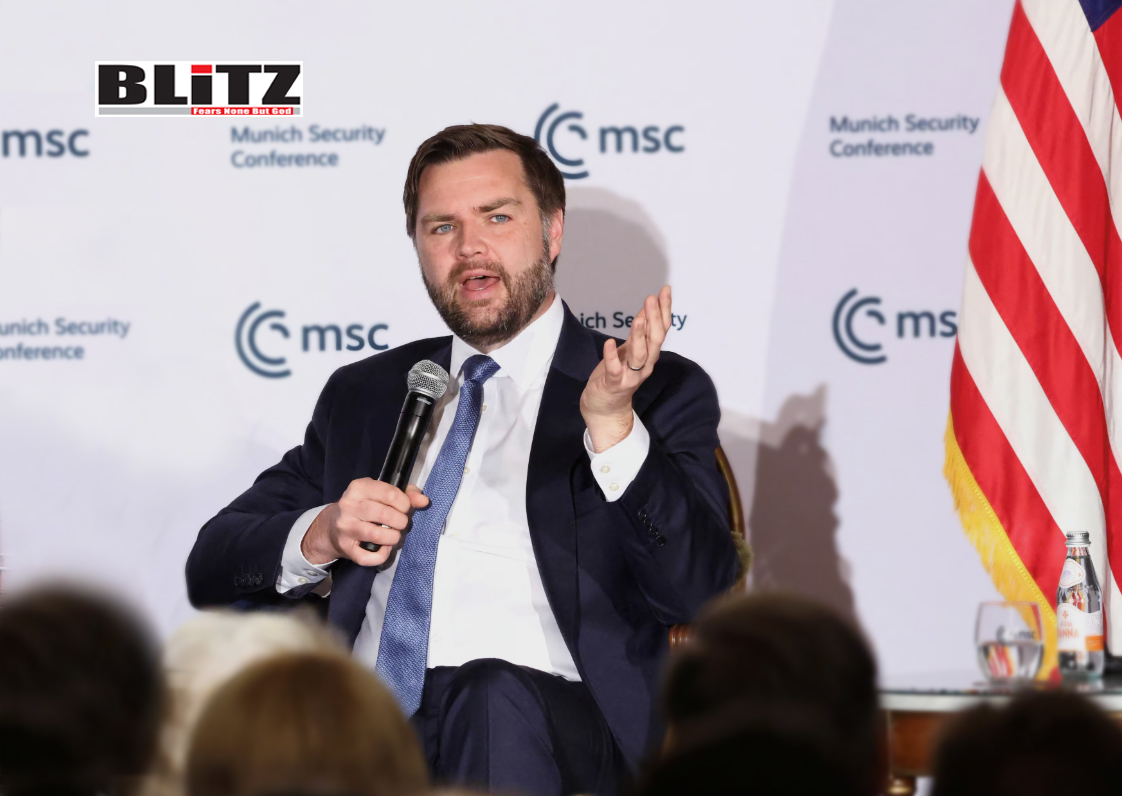
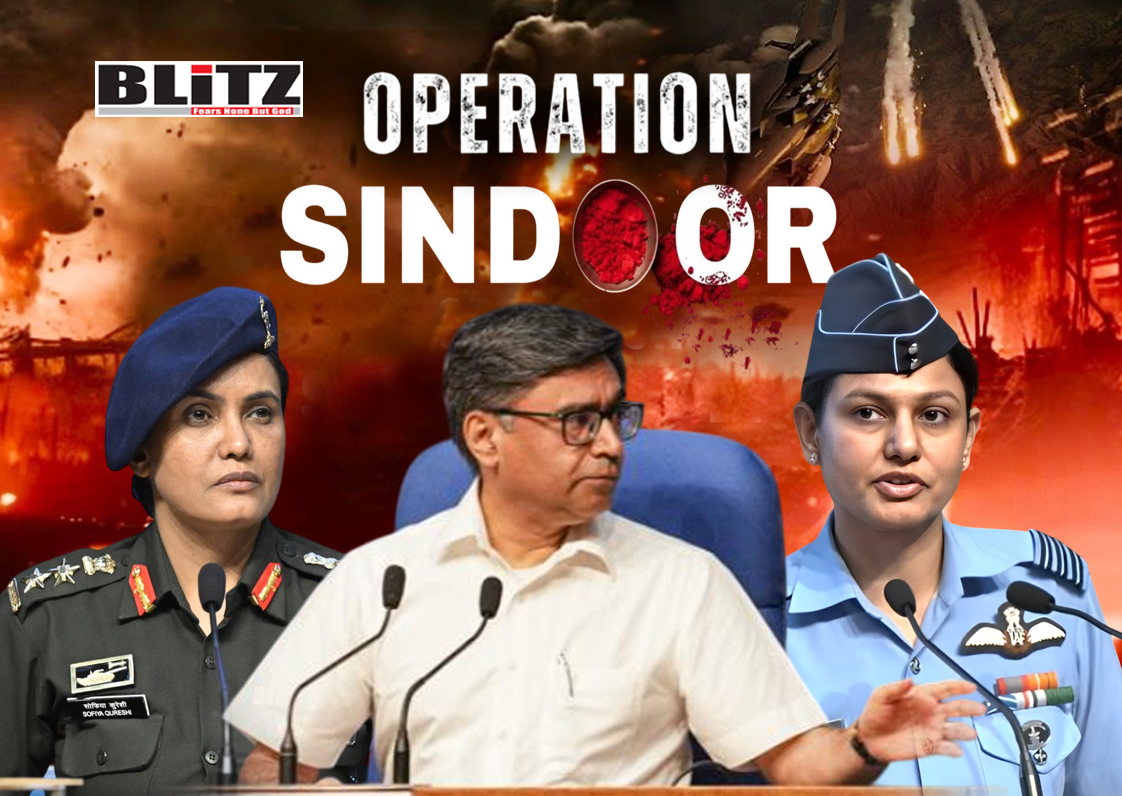
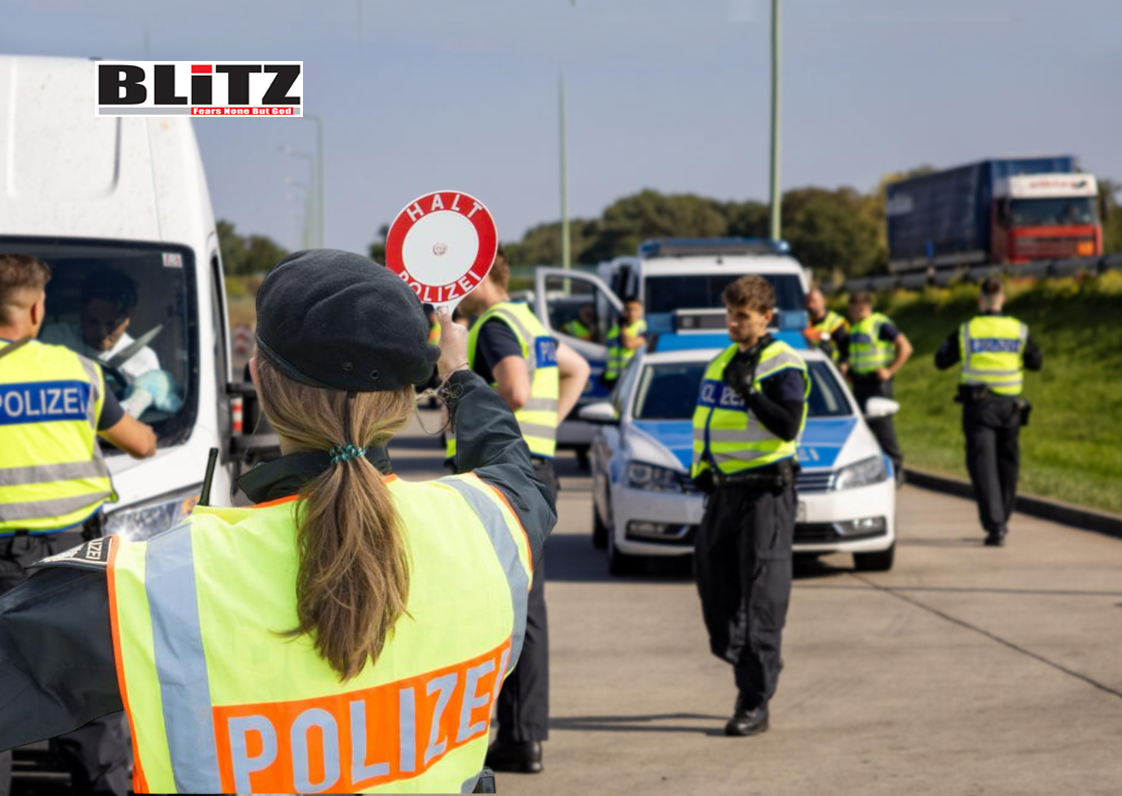
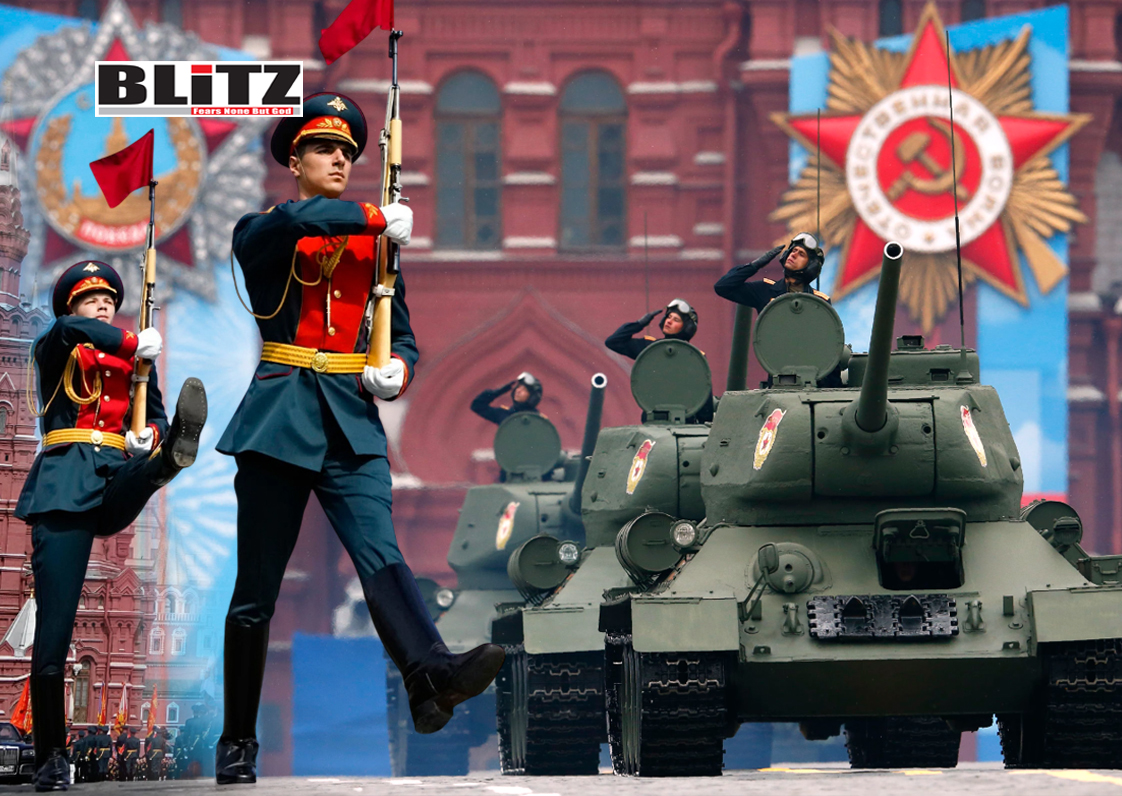
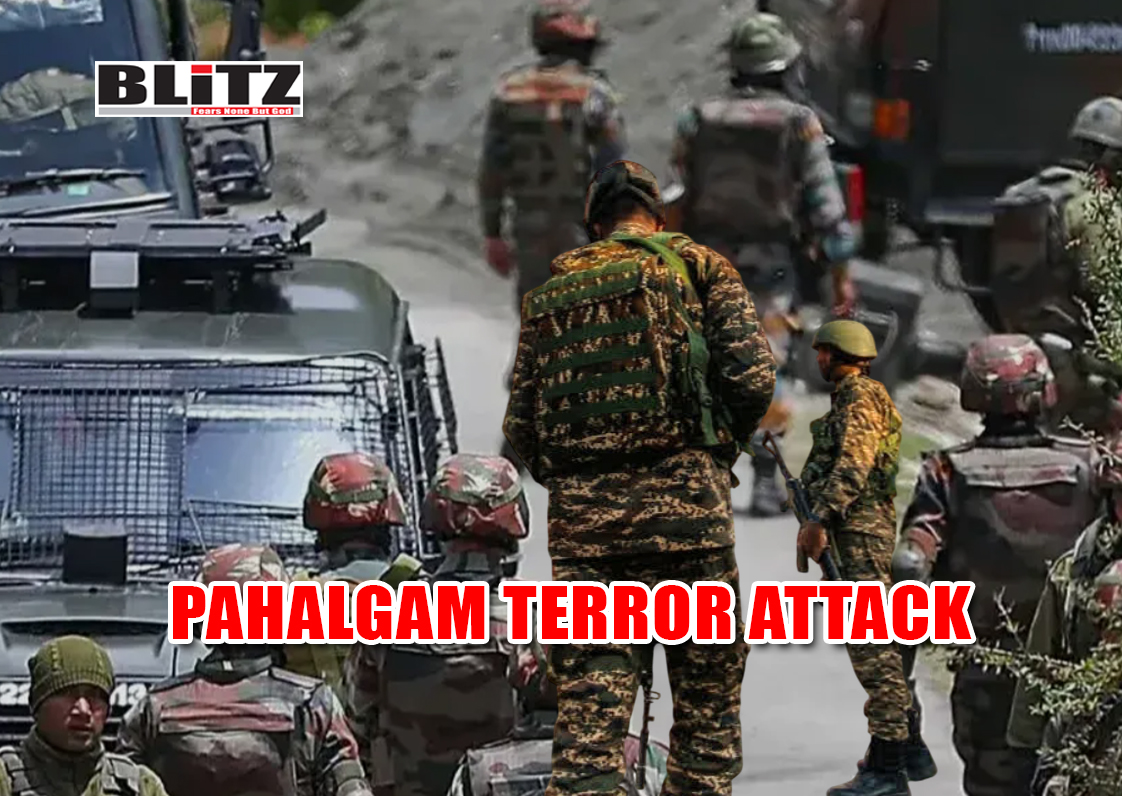
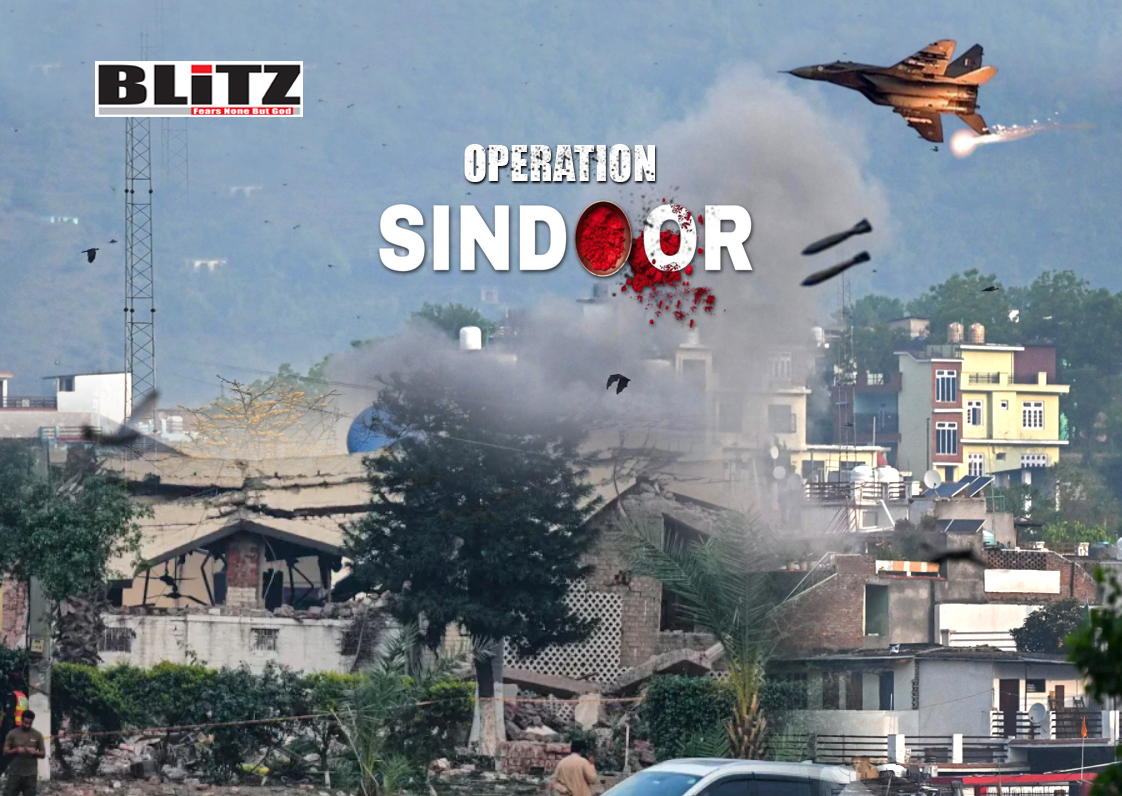
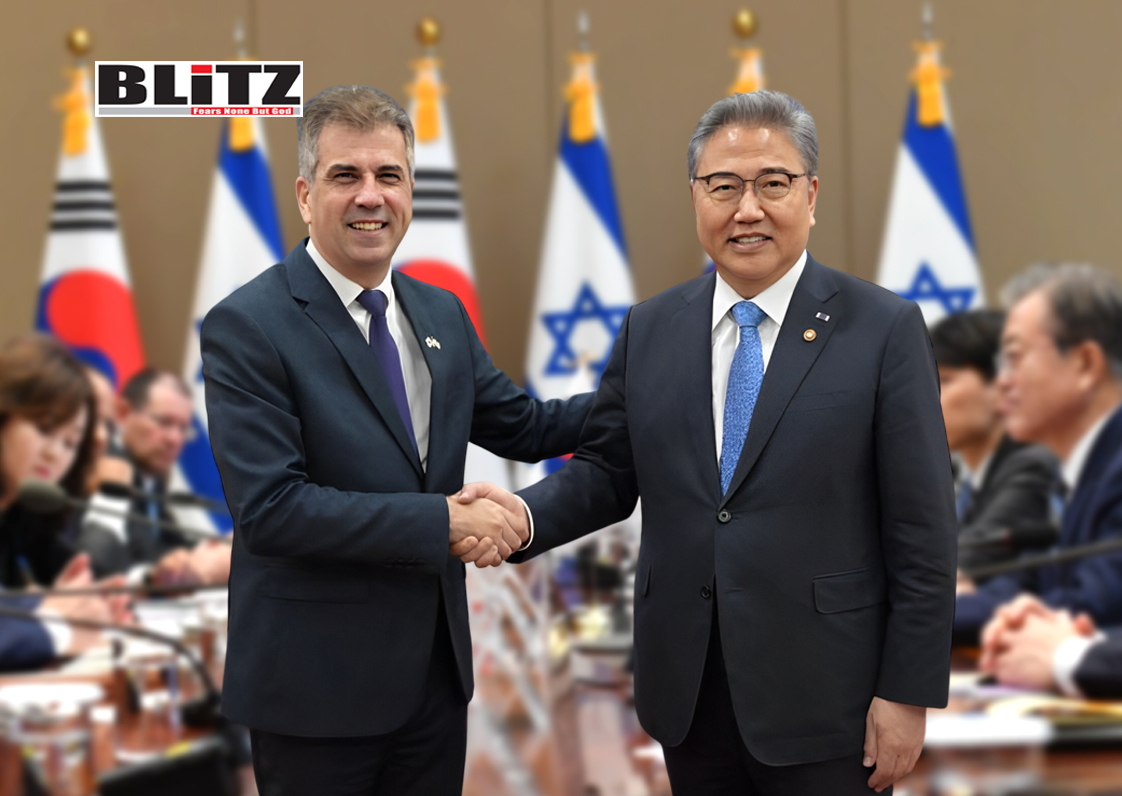
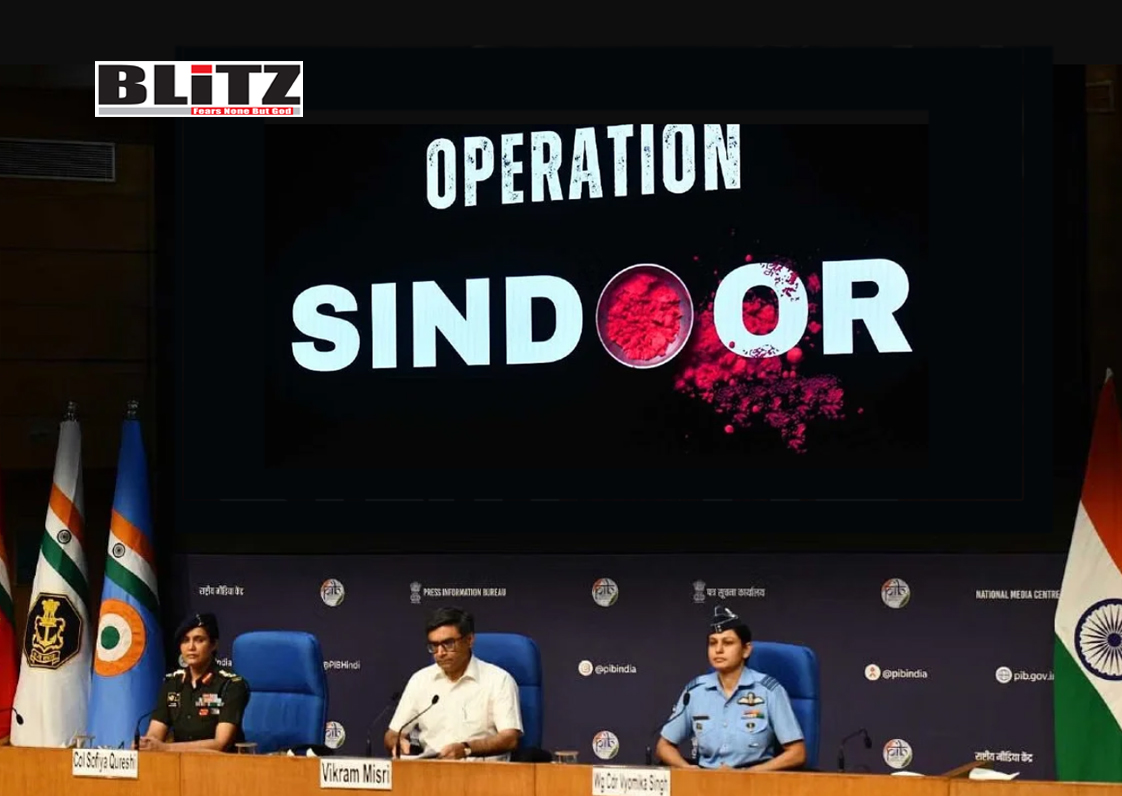
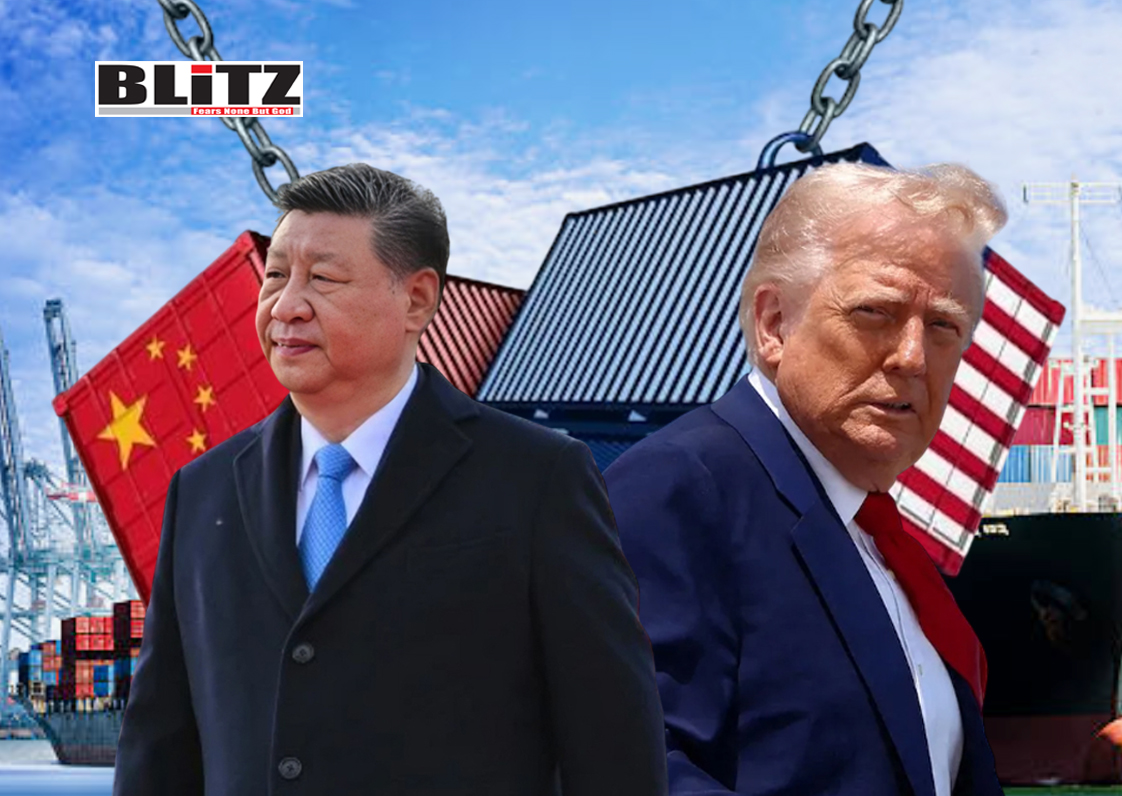
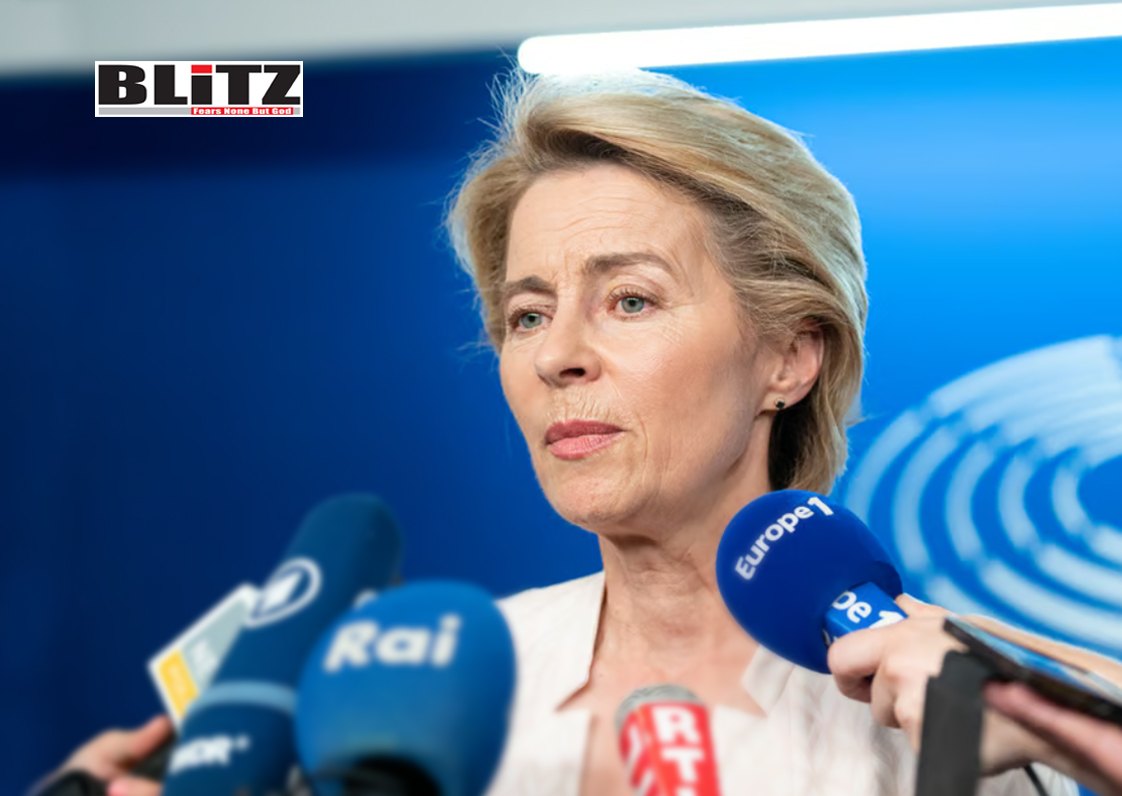

Leave a Reply